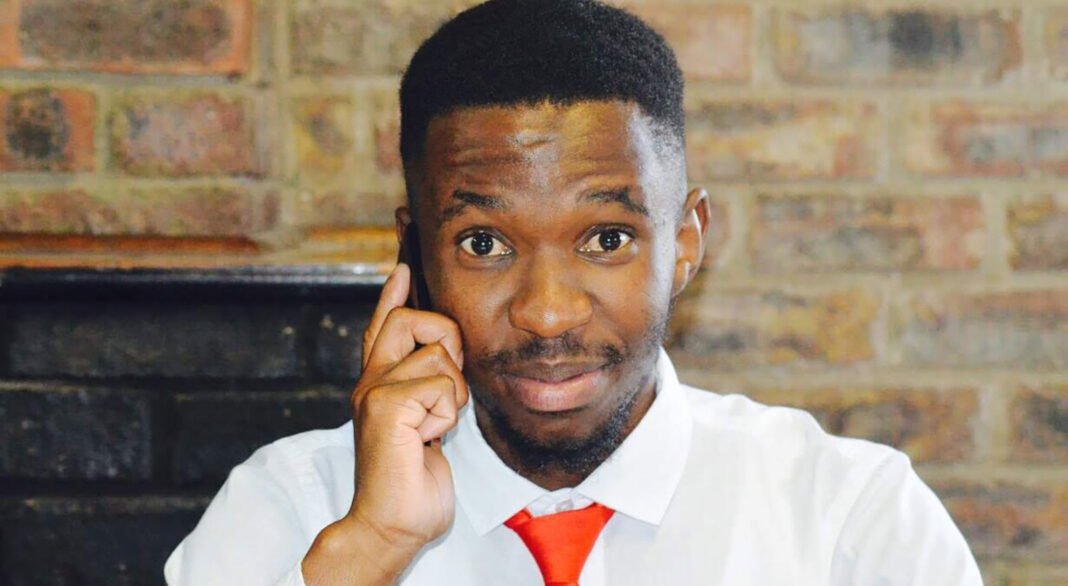On Wednesday this week small Basotho retailers and their counterparts were due to petition the prime minister to demand enforcement of laws that prohibit expatriates from engaging in businesses that are exclusively reserved for Basotho traders.
This after the ministry recently announced plans to review a section of the Business Licensing and Registration Regulations (Amendment) 2021, which expressly lists enterprises set aside for indigenous Basotho and which non-indigenous traders may not venture into.
The regulations aim to promote and develop indigenous entrepreneurship by reserving 47 small, medium and micro-sized enterprises, exclusively for indigenous citizens.
Petitioning is not an abnormal thing to do, especially in a people-centred democracy. To put things into perspective, a petition is a request to do something, most commonly addressed to a government official or public entity. A petition is usually a document addressed to an official and signed by numerous individuals.
However, police are reported to have cancelled at the eleventh hour the traders’ permit to march to the prime minister’s office. Heavily armed police are said to have dispersed the traders at Setsoto stadium where the march had been scheduled to start.
Not only that, they had even deployed a water canon by the main traffic circle, along with members of the feared Special Operations Unit who were armed to the teeth – a clear indication that they were ready to squash any marchers.
It is worth noting that the police have in recent times made a habit of denying permits to people who want to voice their grievances to the prime minister.
These acts by the police are understandable during a state of emergency – a situation in which a government is empowered to put through policies that it would normally not be permitted to do, for the safety and protection of its citizens.
Now the question is, who are police protecting, and why? From who? The people? Could this mean Lesotho is in an undeclared state of emergency?









